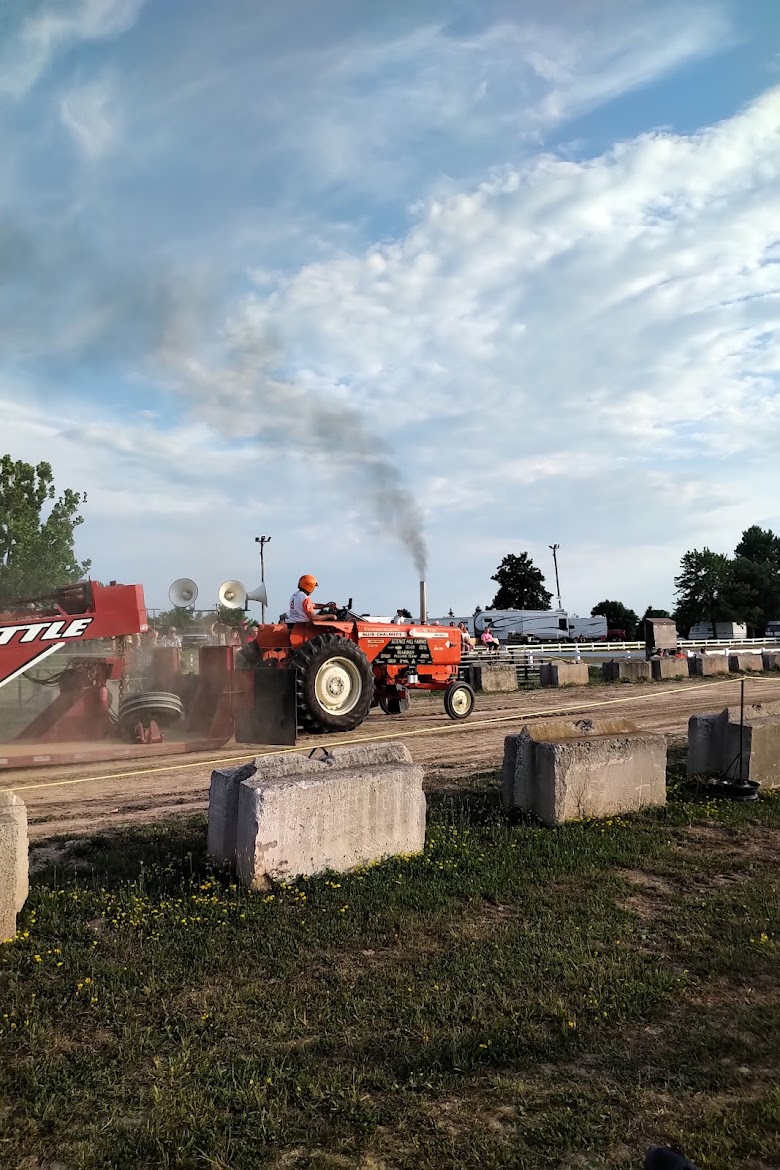Estate administration can be contentious and complex. Family dynamics and emotions often ignite and drive disputes and litigation between executors, estate beneficiaries and others even where the true last wishes of a deceased relative would appear to be clearly stated. There are many formal requirements for making a valid will in Ontario. A failure to fulfill even one of those requirements can provide an opening for a will challenge and costly litigation.
In a case decided by the Court of Appeal, a dispute over the future of an estate farm property boiled down to legal formalities and a scenario that could make for a mystery novel (or at least a short story). The deceased farm owner allegedly signed two versions of the same will, only one of which was witnessed, and neither of which was available in original form at trial. By the time of the appeal, the original copy of one of the wills had been found, but it was not enough to convince the Court of Appeal that either will should be accepted. Instead, the rules of intestacy (where a deceased has no valid will) were to apply.
The farm owner was a bachelor with no children; he died in 2015. He had executed a will in the 1990s naming his parents as sole beneficiaries of his estate, but they had both pre-deceased him. Absent a subsequent valid will, the farm owner’s estate would pass to his brother (50%) and the two daughters of his deceased sister (50% jointly) in accordance with the provisions of the Succession Law Reform Act: “Where a person dies intestate in respect of property and there is no surviving spouse, issue or parent, the property shall be distributed among the surviving brothers and sisters of the intestate equally, and if any brother or sister predeceases the intestate, the share of the deceased brother or sister shall be distributed among his or her children equally.”
For two decades prior to his death, the farm owner had been assisted in his farming operation by a long-time friend. In 2009, he named the friend as his attorney for property and personal care. In 2013, the legal assistant of the farm owner’s long-time lawyer prepared a draft will naming the friend as the sole trustee of the farm owner’s estate and the beneficiary entitled to inherit the farm property. The friend asked the Court to determine that the 2013 will was valid so that she would receive the farm. The farm owner’s brother opposed the request on the basis that there was no valid 2013 will.
At trial, two copies of the 2013 will were marked as exhibits. One copy – Version 1 – had the farm owner’s signature but no witness signatures. The other copy – Version 2 – had the farm owner’s signature as well as the signatures of two witnesses. Both copies were marked “Draft” as the will had only been sent to the farm owner by his lawyer for review and comment; the farm owner had never attended at his lawyer’s office to revise and/or execute the will. However, the friend claimed that Version 2 had been signed by the farm owner and witnessed prior to his death in 2015. The brother claimed that Version 2 was signed by the alleged witnesses only after the farm owner’s death once the friend had discovered that Version 1 would not be valid without the signatures of witnesses.
The friend testified that, after the farm owner’s death, she had searched for a will. She said that she had found Version 1 in a filing cabinet in the farm owner’s house and took it to the lawyer’s office where she learned that the lawyer had no fully executed copy of the will. During the visit, the lawyer’s assistant made a copy of Version 1 and returned the original to the friend. The lawyer’s assistant also advised the friend at that time that Version 1 was not valid because it was not signed by witnesses. The friend further testified that, after her visit to the lawyer’s office, she found the original Version 2 will on top of a kitchen cupboard in the farm owner’s house (not in the filing cabinet where she found Version 1). Version 2 was signed by two witnesses and would be valid. In fact, the Trial Judge found that Version 2 was valid and ruled in the friend’s favour.
No original of Version 1 or Version 2 of the 2013 will was produced at trial. However, between the time judgment was rendered following trial and the hearing of the appeal, the friend located the original of Version 2 of the will and asked the Court of Appeal to allow it to be admitted as “fresh evidence”. The Court rejected the request, finding that the new evidence would not change its conclusion that the friend had failed to prove the validity of the 2013 will. The Court of Appeal found that the Trial Judge made a key error in failing to appreciate the relevance of the evidence of an expert in handwriting called by the farm owner’s brother. The expert testified that the farm owner’s signatures on the two copies of the 2013 will – Version 1 and Version 2 – were identical. Without being able to produce the original of Version 1 and, in doing so, prove that each of Version 1 and Version 2 was signed (separately) by the farm owner, the friend failed to overcome the appearance that Version 2 was not signed by the witnesses until after the farm owner’s death.Read the Court of Appeal's decision at: 2021 ONCA 442 (CanLII).









